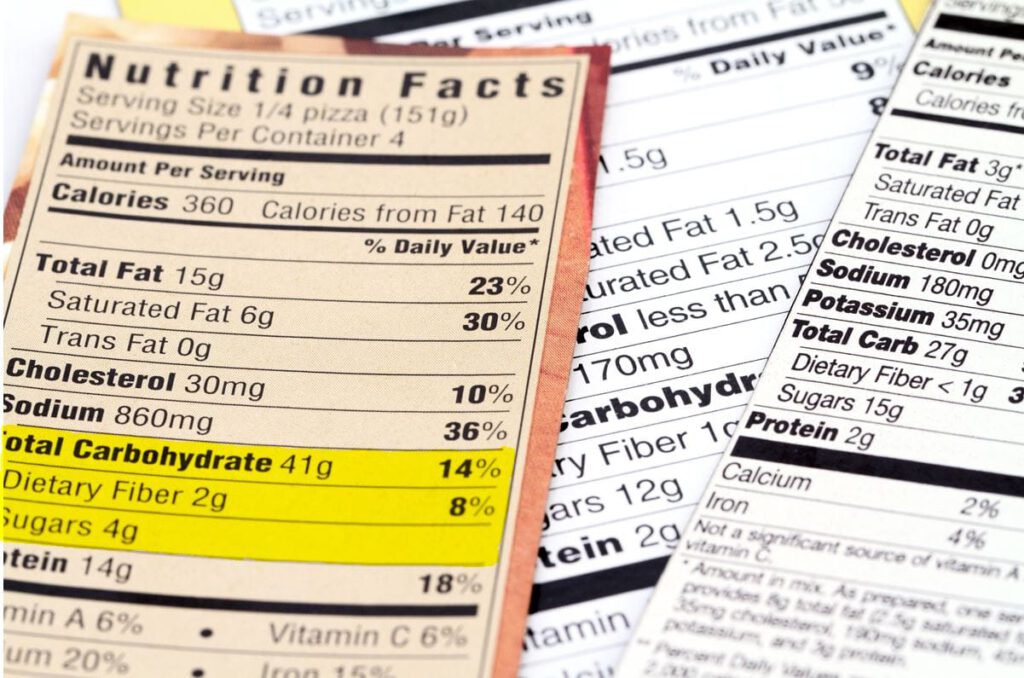The Glycemic Index (GI) is a measurement that ranks the effects of carbohydrates on our blood sugar levels on a scale of 0 to 100.
Carbohydrates that break down quickly during digestion and release glucose rapidly into the bloodstream have a high GI.
Carbohydrates that break down more slowly and release glucose more gradually into the bloodstream have a low GI.
Why is Glycemic Index important?
Your body performs best when your blood sugar is kept relatively constant. If your blood sugar drops too low, you become lethargic and/or experience hunger.
If it goes too high, your brain signals your pancreas to secrete more insulin. Insulin brings your blood sugar back down, primarily by converting the excess sugar to stored fat.
Individuals with types 1 and 2 diabetes are either unable to secrete or process insulin, which causes their blood sugar to rise too high, leading to a host of additional medical problems.
Scientific evidence has shown that those who consume foods with a low GI over many years are at a significantly lower risk for developing type 2 diabetes, coronary heart disease, and age-related macular degeneration.
How to Calculate Glycemic Index

Knowing that low-GI foods are a healthful addition to any diet is the first step, but learning which foods fall on the low end of the index can be challenging.
Committing these foods to memory or referencing them in a cumbersome chart in the aisles of the grocery store can be a daunting task.
Then there’s the question of where processed foods, or those with multiple ingredients, fall.
With one simple equation you can calculate the GI from any food label. The math is simple.
To assess how a packaged food will affect your blood sugar, find the carbohydrate number in the label, subtract the grams of fiber and sugar alcohols. Your result will be the grams of digestible carbohydrates. The higher the number the bigger the effect on blood glucose.
Carbohydrate – Grams of Fiber (and sugar alcohols) = Grams of Digestible Carbohydrates
The GI diet is not right for everyone, but it can be a health-supportive option for many. Ask your Nutrition Consultant if the GI diet is right for your bio-individual and optimal health.
Learn more about our Nutrition Consultant program at Bauman College.